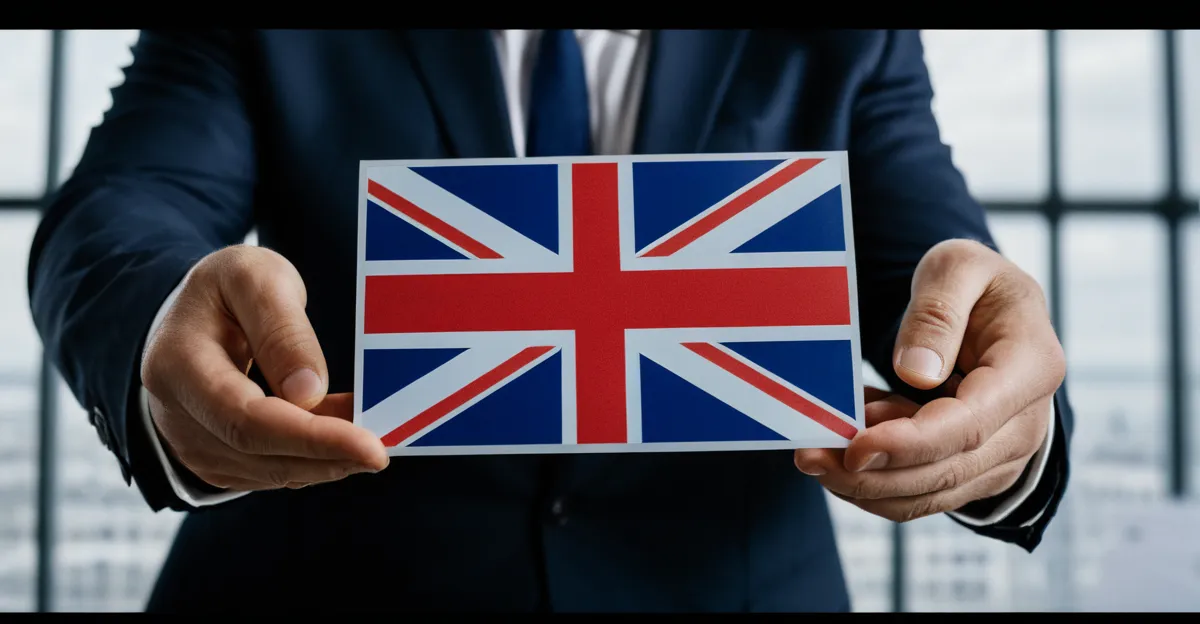Adapting to Regulatory Changes After Brexit
Understanding the implications of Brexit regulatory adaptation is crucial for UK businesses aiming to maintain compliance. Since Brexit, the regulatory landscape has shifted significantly, requiring businesses to navigate new post-Brexit rules that differ from previous EU frameworks. This includes changes in product standards, data protection laws, and customs procedures that directly impact operational workflows.
To stay compliant, UK companies must proactively monitor updates from relevant authorities and invest in compliance training tailored to these new standards. Key steps involve reviewing contracts, updating import-export documentation, and aligning internal policies with both UK and evolving EU regulations. Failure to adapt swiftly can lead to penalties or disruptions in supply chains.
Also read : What Are the Best Practices for UK SMEs to Expand Internationally?
Government-issued guidance provides a valuable starting point, but it is often necessary to engage expert legal resources for interpretation and application to specific industries. Consulting with specialists helps businesses avoid costly mistakes and ensures that compliance measures harmonize with commercial objectives. Effective UK business compliance post-Brexit demands a blend of vigilance, strategic planning, and expert support, ensuring companies successfully transition through ongoing regulatory changes.
In parallel : How Can Emerging Technologies Revolutionize Small Businesses in the UK?




